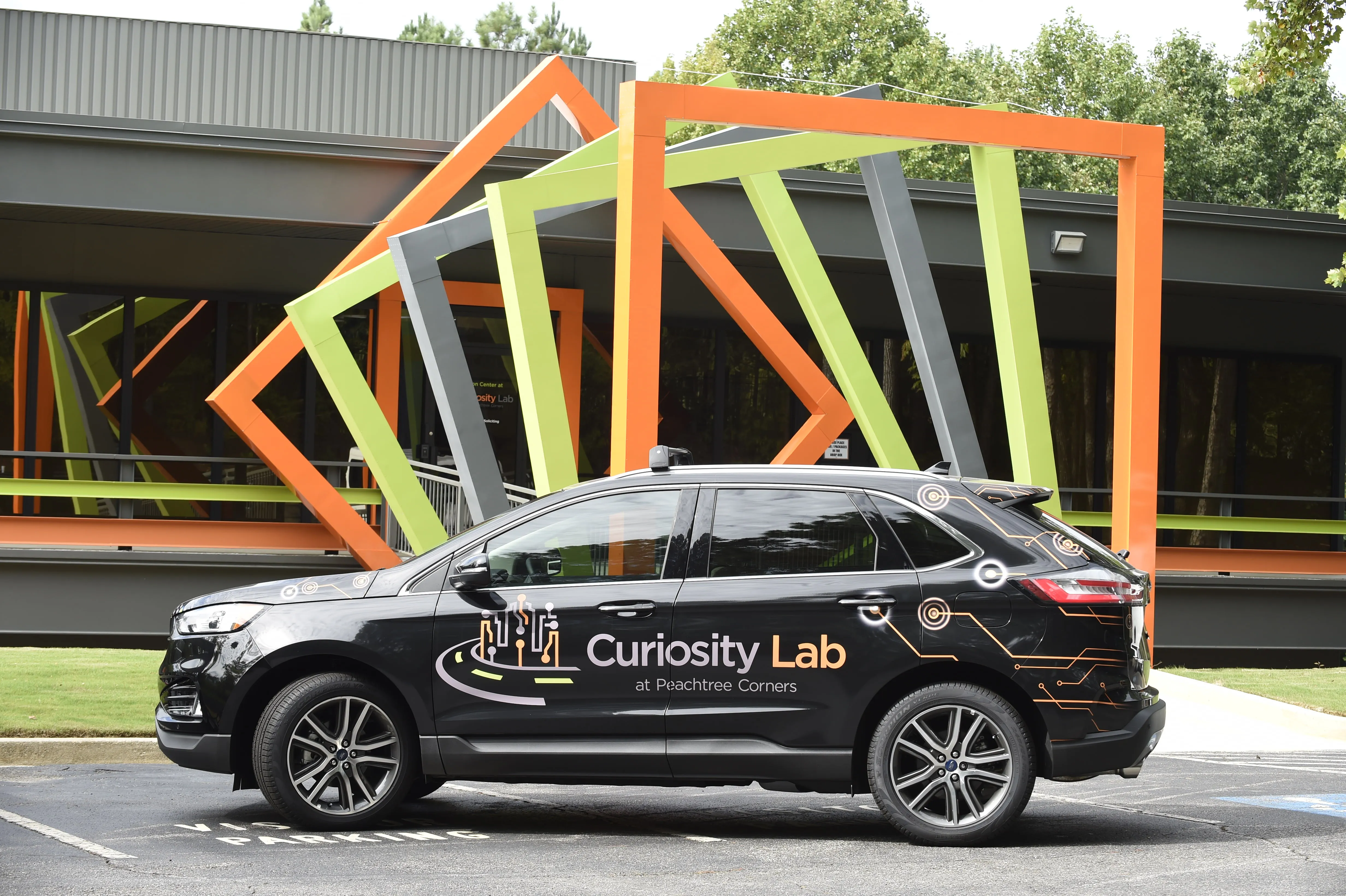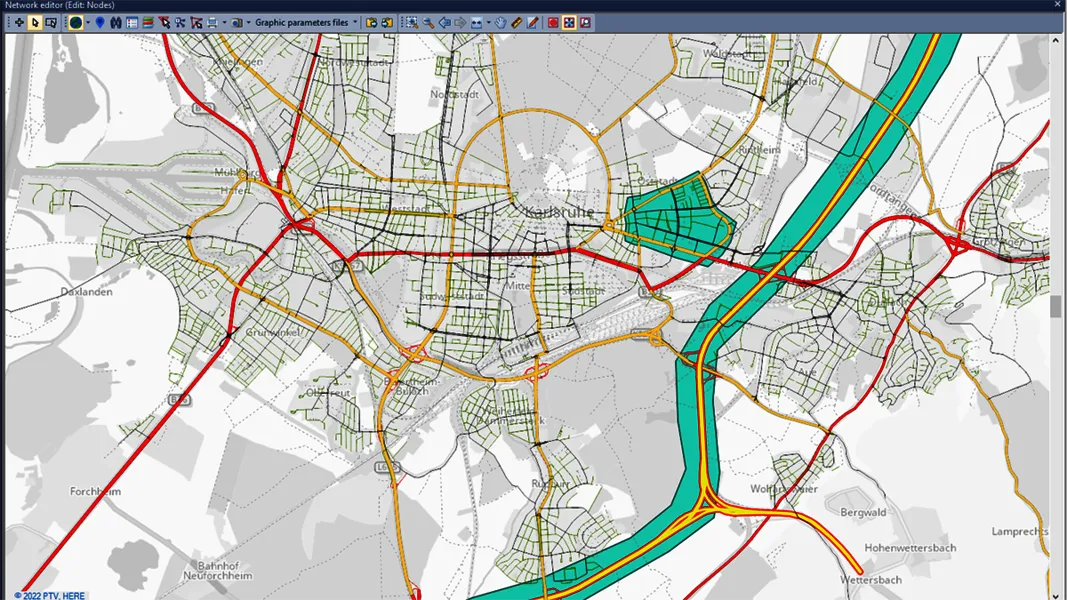The company says Aimsun Auto allows test vehicles to drive inside digital cities - virtual copies of transportation networks, where users can safely explore the limits of AV technology.
Paolo Rinelli, global head of product management at Aimsun, says Auto removes the need to drive around seeking conditions that users want to test or to “script each actor’s behaviour frame-by-frame”.
“Auto can execute thousands of concurrent instances much faster than real time on private or commercial cloud infrastructure, effectively covering the equivalent of millions of autonomous miles overnight,” he adds.
The solution is expected to complement sensor-testing tools and driving simulation software, being able to integrate into a test environment and providing a scenario generation engine for both ordinary and non-compliant solutions.
It can be used to analyse traffic violations such as rolling stops, running red lights, jaywalking or speeding as well as the dilemma of an AV ‘choosing’ who to spare in a fatal accident, the company adds.
Artificial intelligence start-ups can use Auto to validate the development of the AV stack – domain controllers which handle perception, decision and control. Government regulators can use the platform to test and authorise the deployment of AVs on public roads while AV test tracks can utilise Auto to generate synthetic traffic for testing AVs in an augmented reality environment.
Aimsun unveils test platform for AVs in digital cities
Aimsun has released a software platform for the large-scale design and validation of path-planning algorithms for autonomous vehicles (AVs).
The company says Aimsun Auto allows test vehicles to drive inside digital cities - virtual copies of transportation networks, where users can safely explore the limits of AV technology.
Paolo Rinelli, global head of product management at Aimsun, says Auto removes the need to drive around seeking conditions that users want to test or to “script each actor’s behaviou
August 7, 2019
Read time: 2 mins









